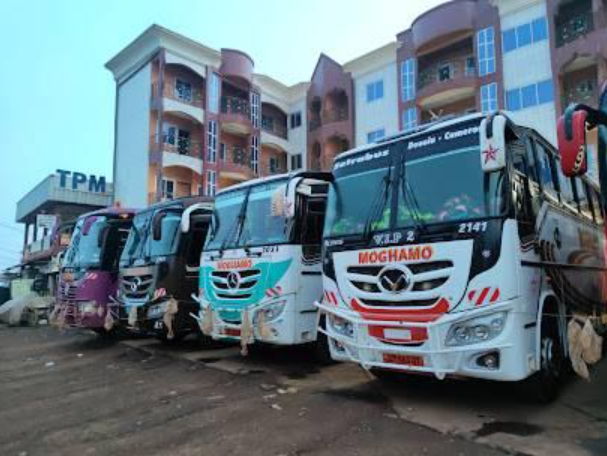Your cart is currently empty!

Ebolowa
—
by
Ebolowa is a town in the South Region of Cameroon, serving as the capital of the Lekié Division. Its history is rich and multifaceted, shaped by cultural influences, colonial developments, and modern growth.
Early History
The area around Ebolowa has been inhabited for centuries, primarily by the Beti people, who are part of a larger ethnic group known as the Bantu. The Beti community has a rich tradition of agriculture, hunting, and fishing, contributing to the region’s sustainable lifestyle.
Colonial Era
During the late 19th century, Cameroon became a site of colonial interest, leading to German control from 1884 to 1916. Ebolowa was affected by these colonial dynamics, as the Germans established administrative centers and engaged in resource exploitation. After World War I, Cameroon became a mandate of the League of Nations under French and British administration, which significantly influenced Ebolowa’s development.
Modern Development
In the post-colonial era, Ebolowa began to evolve into an important economic and administrative center in the region. The town is known for its agricultural activities, particularly in cocoa, bananas, and palm oil. Its strategic location along the route connecting major cities like Yaoundé and Douala has also facilitated trade and transportation.
Cultural Significance
Ebolowa is noted for its vibrant culture, with various festivals and traditional practices reflecting the heritage of the Beti people. The town’s market is a hub of local commerce, where traders sell crafts, food, and agricultural products, showcasing the region’s diversity.
Recent Developments
In recent years, Ebolowa has seen infrastructural improvements, including roads, schools, and health facilities, contributing to its growth as a regional center. The town is also recognized for its commitment to preserving local culture while embracing modernity.
Ebolowa continues to play a significant role in the cultural and economic landscape of Cameroon, balancing its rich traditions with the demands of contemporary society.
